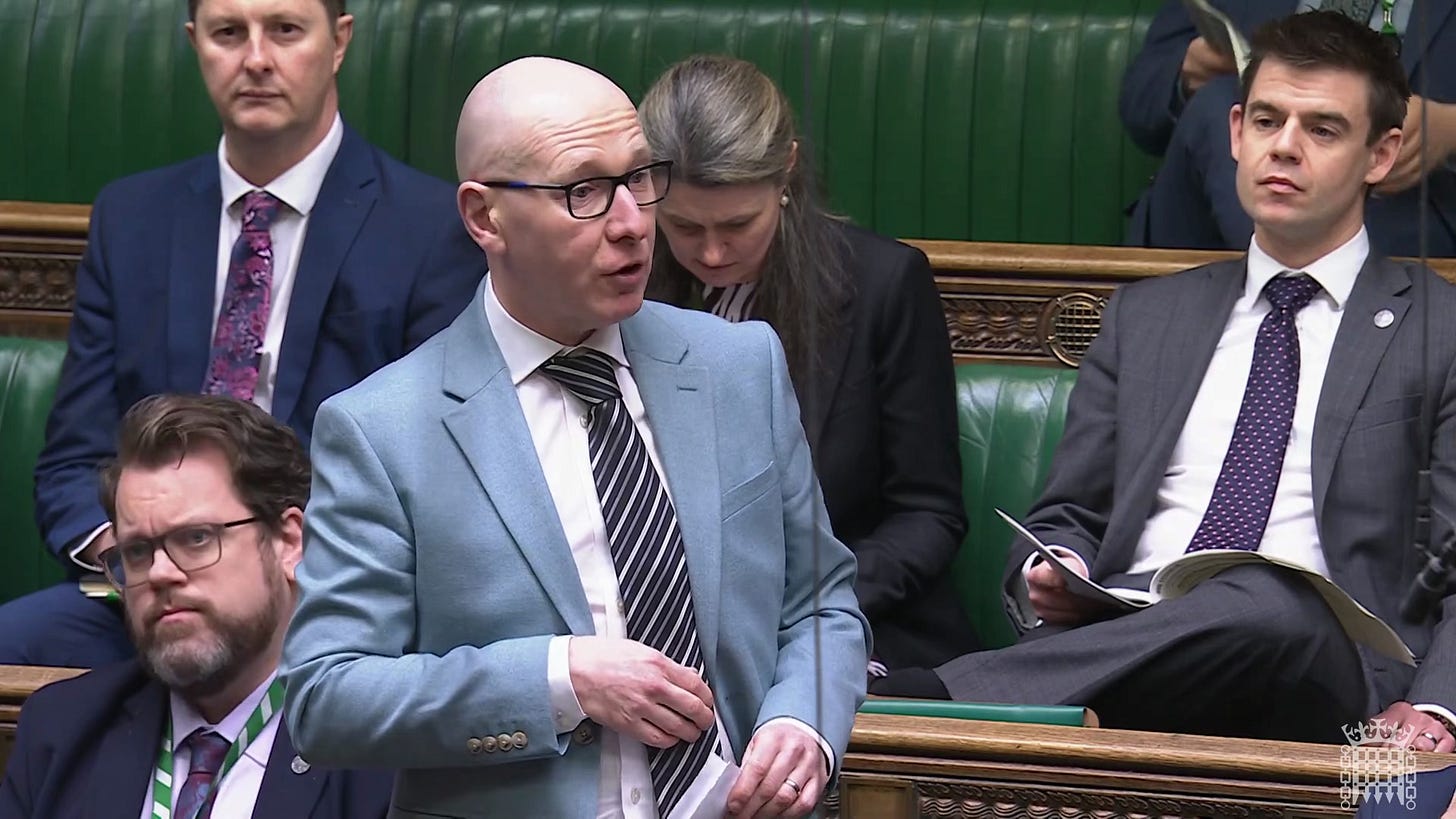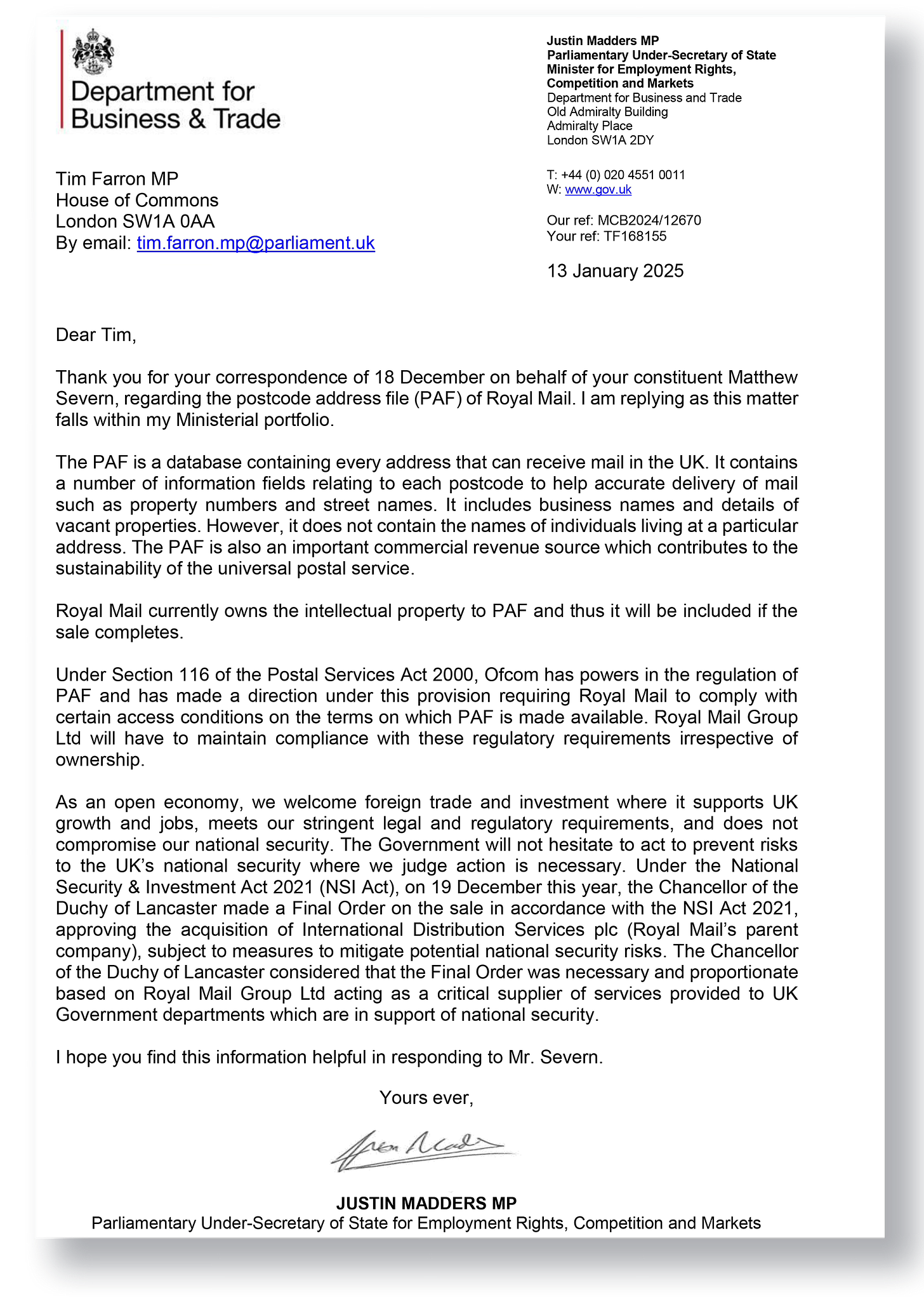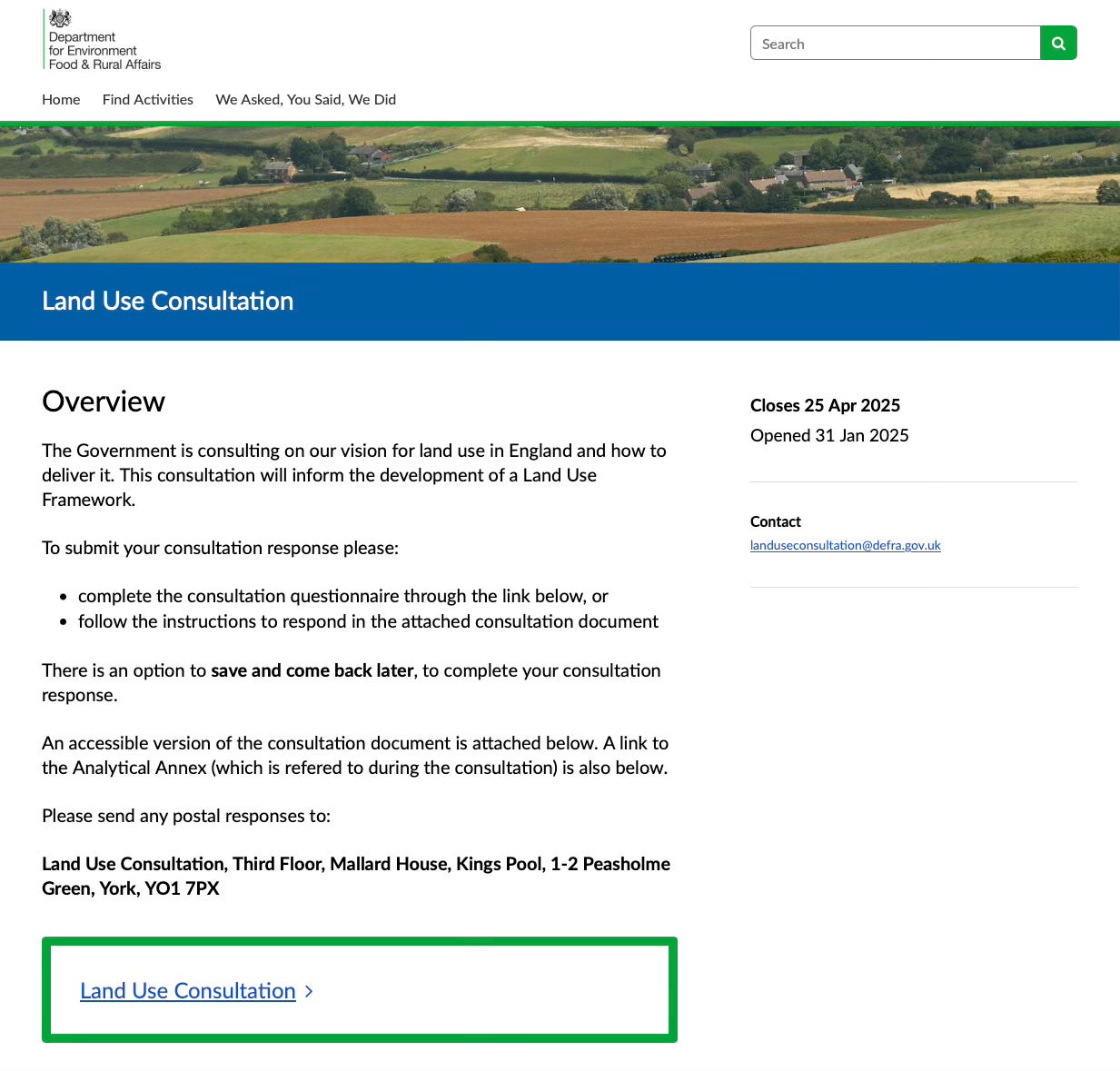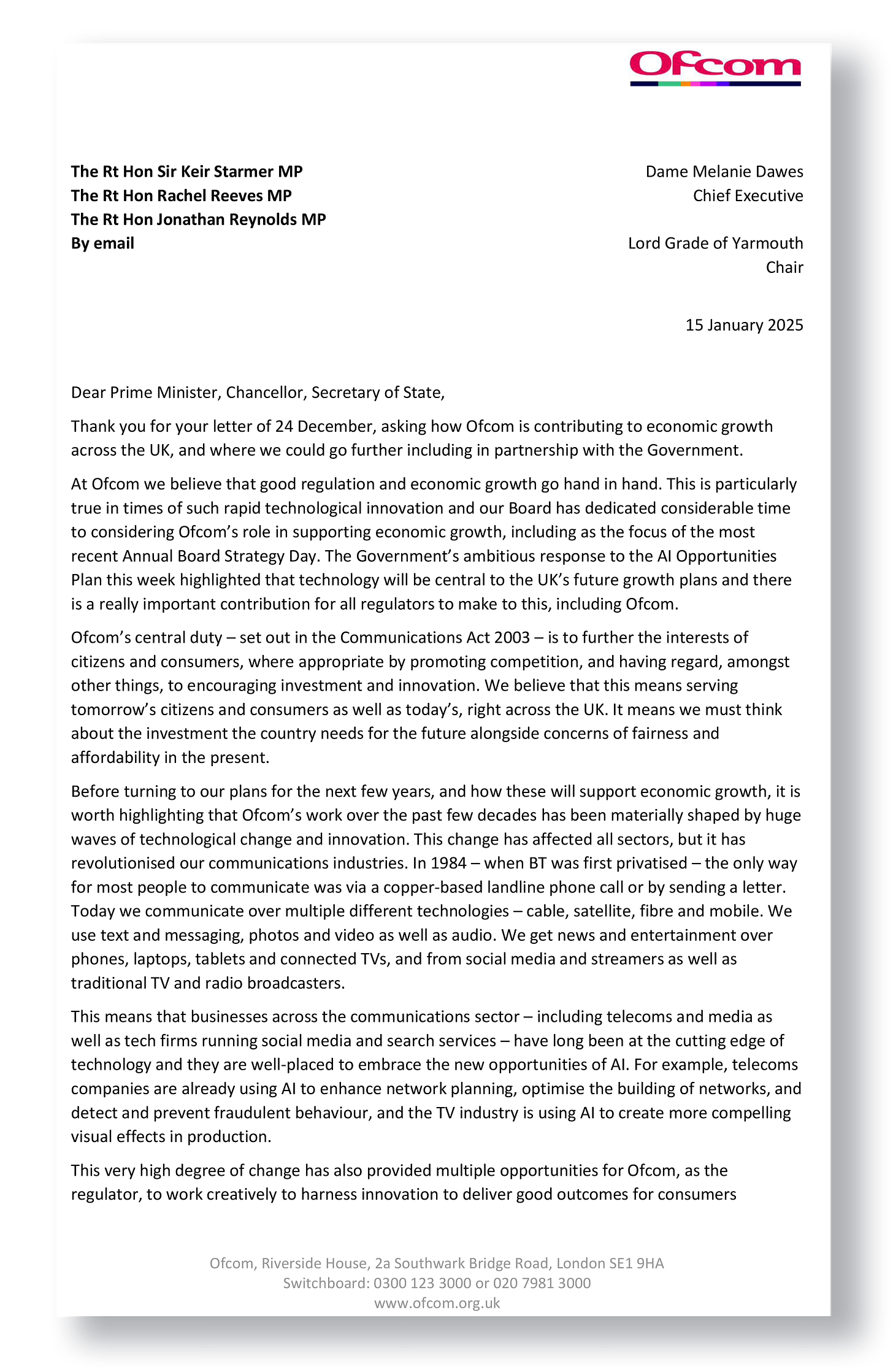Four nuggets of Postcode Address File news
To free the PAF we must first solve a coordination problem
HOW THE YIMBYs WON: Book your ticket now for my March event, where I’ll be talking to housing policy hero Anya Martin about how the Yes In My Back Yard movement has made such a big impact on Westminster, and has transformed the politics of housing. Plus, it’ll be in a pub so we can hang out and stuff? More Details / Tickets
If you’re a regular reader of Odds and Ends of History, then you might be aware of the ‘campaign’ to liberate the Postcode Address File (PAF). This the big database of every building address in the country, and the view of me and some nerdy pals is that it should be released as open data. If it is freed from the shackles of Royal Mail’s restrictive licensing fees, it could empower small businesses and bedroom coders everywhere, fuelling innovation and growth.
And it is something I’ve been banging on about for ages now.
I won’t bore you with the full backstory again, but if you’re new to the issue you can just read this, this, this, and maybe this to catch up on some of the major milestones so far.1
Anyway, the campaign is continuing apace. So let’s take a tour through four different bits of government, and look at four different PAF-related happenings – and work out what they all mean in the quest for postcode liberation.
1. Address data raised in the House of Commons
Very excitingly, last Wednesday, the issue of address data was raised on the floor of the House of Commons by Southport MP Patrick Hurley. You can see the video here.
Speaking during Science, Technology and Innovation Question Time, Patrick asked technology Minister Peter Kyle the following:
Good public services are dependent on reliable and easily accessible and available underlying data, such as postal addresses.
However, address data is complex and expensive for UK businesses to access.
Given the importance of this data to public sector and public service delivery and economic growth, will the Minister commit to reviewing the terms under which UK address data is made available to support both?
It was an exciting moment, as our understanding is that Peter Kyle is basically the key person we need to persuade now. With most of the government’s digital functions – not to mention the Geospatial Commission – now subsumed into the Department of Science, Innovation and Technology (DSIT), many of the paths to PAF freedom go directly through Peter Kyle’s office.
So what did he have to say in response to Patrick’s question? Sadly, it was a bit of a non-answer.
He raises a very important point.
Following the privatisation of Royal Mail in 2014, the Postcode Address File, the definitive list of UK postal addresses, became a privately owned data asset.
He will note that this afternoon we have the second reading of the data bill.
This is going to be a great step forward when it comes to use of data, both in the public and the private sector.
Also, he will note that we have the commitment to creating the National Data Library, which will use data in a radically new way for the benefit of the country and public sector users.
I know. It’s a shame he didn’t say “Great idea, I’ll get it sorted right away”, but the way I’m spinning this is that well, he didn’t say no to the idea. So hopefully we can continue to twist his arm – especially given that it would be sort of mad to create the National Data Library (whatever it is supposed to be), and not include something as fundamental as address data in it.
2. Business minister makes a weird argument for keeping the PAF closed off
Now let’s turn to the Department of Business and Trade (DBT).
One of my subscribers, Westmorland LibDem councillor Matt Severn, raised the issue of the PAF with his MP, Tim Farron, who happens to also be the former leader of his party. Brilliantly, Tim took the opportunity to write to DBT about the PAF, and received this response from Justin Madders, the Minister for Employment Rights, Competition and Markets.
If you read the letter, you’ll see that on the surface it sounds, well, not great.
I ran this past my fellow PAF campaigners, and their read on what it means is that it appears to confirm the government has imposed no special conditions on Royal Mail to protect address data, despite the sale of the company to a Czech billionaire – which puts control of this critical national dataset in the hands of a foreign billionaire.
However, perhaps the real news is in the second paragraph: “The PAF is also an important commercial revenue source which contributes to the sustainability of the universal postal service.”
In other words, it appears that the official justification for keeping the PAF locked away is that it effectively functions as a subsidy to Royal Mail’s postal delivery business.
And this is quite a big admission – because it is crazy. What the minister is saying is that PAF licensing really is just an ‘innovation tax’ that is being imposed on the people building the apps and services of tomorrow, in order to prop up a rapidly declining old-world business model.
On one level, we’ve always assumed it to be the case,2 but as far as I’m aware this is the first time someone in government has said this quiet part out loud.
So this letter contains a striking admission. And sure, there are arguments for supporting the Universal Service Obligation to deliver the post – but paying for it by making it harder for bedroom coders and small businesses to innovate seems like a bad idea if the mission is economic growth.
And there is one other piece of good news to come from this letter. It appears that we can add Tim Farron to our tally of PAF liberation-curious MPs as Tim Farron told Matt that “allowing a private company to keep the PAF locked away behind a paywall is a missed opportunity for the government to back innovation and development.”
3. DEFRA is asking which spatial datasets it should free
If ever there were a use for the “👀” emoji, it is surely this. The Department for Environment Food and Rural Affairs (DEFRA) recently launched a consultation on land use in England.
I can’t claim a tonne of expertise on exactly what the consultation is trying to do, but I do want to draw attention to question 20:
Which sources of spatial data should Government consider making free or easier to access, including via open licensing, to increase their potential benefit?
You will be unsurprised to learn that I have a suggestion. And if you do too, you can tell DEFRA to Free the Postcode Address File until April 25th at this link.
4. Ofcom’s growth submission doesn’t mention the PAF
Our last stop of our tour of government is at Ofcom, the communications regulator. It’s connected to the fate of the PAF as it is the body that oversees postal services, including the Universal Service Obligation that Royal Mail has to follow.
And this is where I’m slightly worried I’m burying the lede – or that I’ve a missed a bigger story all together, by focusing on postcodes.
This is because at the end of the last year, the government took the unusual step of writing to all of the major regulatory bodies, including Ofcom, and basically asked for ideas for how to boost growth.
At the time, there was plenty of snarking from people on the right, as the idea of regulators helping grow the economy was in their view like asking a fox for advice on how to increase the chicken population. And at risk of sounding like a massive Tory, after reading this letter I think they might have had a point.
Using the Freedom of Information Act, I’ve obtained the submission Ofcom made in response to the government’s demand, and, well, it’s a little thin.
Clocking in at just five pages, the letter is mostly a rehash of things the regulator has already committed to for this year, including supporting investment in fibre networks, and releasing more spectrum for 5G – good things but not new ideas for growth. At the end, however, it does do something new: It identifies two issues where it believes it can “go further with Government leadership”.
Those issues are (drumroll)… better coordination of investment in mobile phone masts, and reducing the barriers that are slowing the rollout of full-fibre networks.
Now I don’t want to be mean, as these are both important challenges the government could help with – and if we could build 5G faster and improve broadband, it would enhance our growth prospects. So full marks for writing two paragraphs that fulfil the requested brief.
But I can’t help but think two things about this response.
First, isn’t this all a bit… obvious? Why does the government need a regulator to tell it to do this? Couldn’t the telecoms people at DSIT have identified these growth opportunities on their own?
And secondly, getting us back to the topic at hand… why didn’t Ofcom mention the Postcode Address File?!
As I’ve written previously, it’d be very easy to modify the Universal Service Obligation to, well, oblige Royal Mail to open up the PAF – which is something that would, without doubt, contribute to innovation and growth. But, alas, it appears that Ofcom didn’t spot this opportunity.
The PAF coordination problem
So that’s all the major developments recently, and the obvious question to ask is: What does this mean for liberating the PAF?
My answer is that though signals are clearly mixed, I’m still optimistic that we can make it happen.
First, I can say from personally having spoken to a tonne of people involved in, er, postcode stuff, it really feels like if you had a government org-chart, beneath the key decision makers (like Keir Starmer and Peter Kyle), there’s an entire layer of bureaucrats and policymakers who are aware of the PAF issue, and like me believe that we should crack it open and release its contents as open data.
This isn’t because of my doing – this is because the issue has been hanging around and my PAF-campaigning colleagues have been nudging the issue for twenty years.
And this rings me on to my second point. I genuinely don’t think at this point that selling anyone on the idea on the merits of liberating the PAF is the problem anymore. Almost everyone who learns about the PAF gets it. The problem instead is one of coordination.
As you can see in the four nuggets above, responsibility and interest in address data are splintered between different parts of the government, like DSIT, DBT, DEFRA and Ofcom – as well as in many other places. So persuading the people with an interest to apply their collective political will to this important but relatively niche problem is going to be tricky.
This said, I genuinely believe that if Keir Starmer woke up tomorrow morning and decided that he wanted to liberate the Postcode Address File, he could assemble all of the key stakeholders, and have a consensus on what to do within around ten minutes.
So this ultimately means that liberating the Postcode Address File is less about persuasion, and more about forcing it up the political agenda. We need to make people in power care about it.
I don’t know if that’s entirely possible. I hope it is. But hopefully the fact that you’ve just read almost 2000 words about postcodes is a good start in this direction.
Subscribe (for free!) and get more Postcode Address File content - and mercifully a bunch of other stuff on politics, policy, tech and transport – direct to your inbox.
To be clear, my role in this ‘campaign’ is as a self-important loudmouth – all the important thinking, talking and policy work is being done by other people, like Anna Powell-Smith, Peter Wells, and a number of others.
I can’t back this is up, so this is just scurrilous tittle-tattle, but someone close to the Royal Mail privatisation during the coalition years once claimed to me the reason the PAF was thrown into the deal was to inflate the value of the company.








OFCOM are currently consulting on changes to the Universal Service mandate, but they try and guide you through a very restricted set of questions without allowing for the idea that maybe there should be some public payback element for the massive subsidy they will get from reducing the second class deliveries
I would like my template for my "On making house building administrative planning systems 🔥SEXY🔥" article draft, which currently has the subheading "We largely agree that we need to 'build more bloody houses', but what comes next? Engaging with your local authority at an incredibly detailed level! Strap in. This is mandatory fun." is going to draw heavily on this. Will obviously link, but is this okay with you boss?